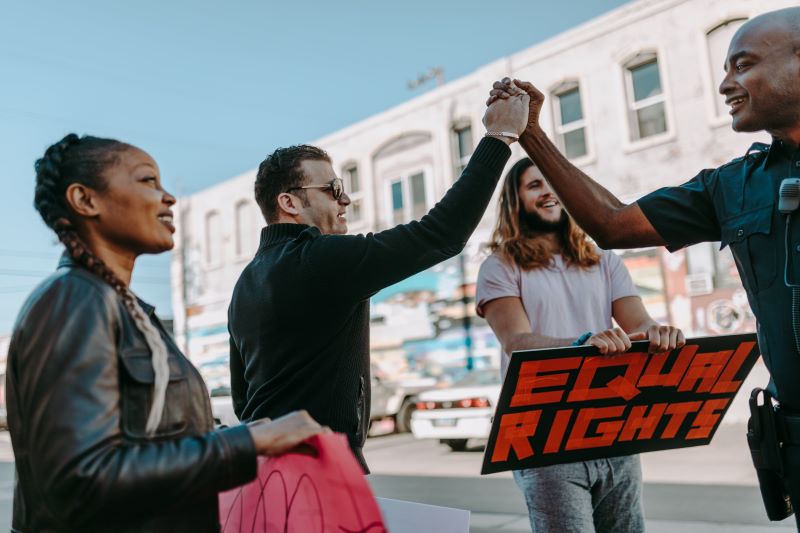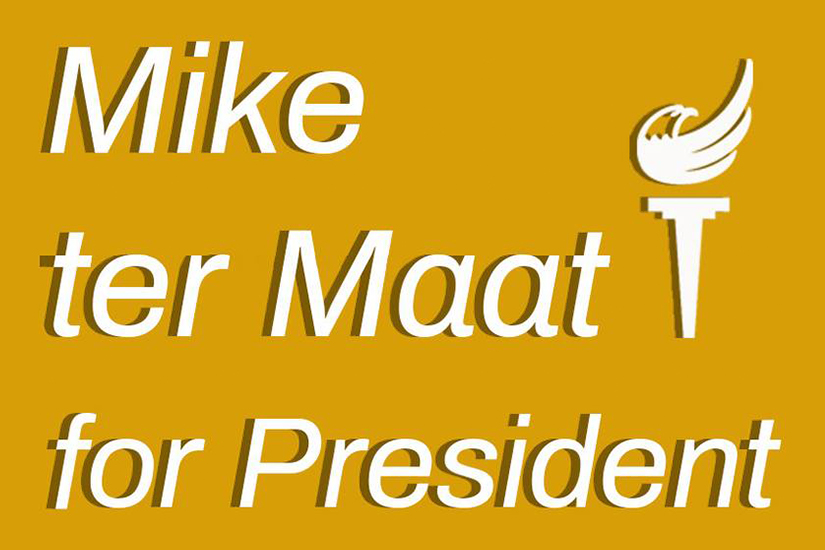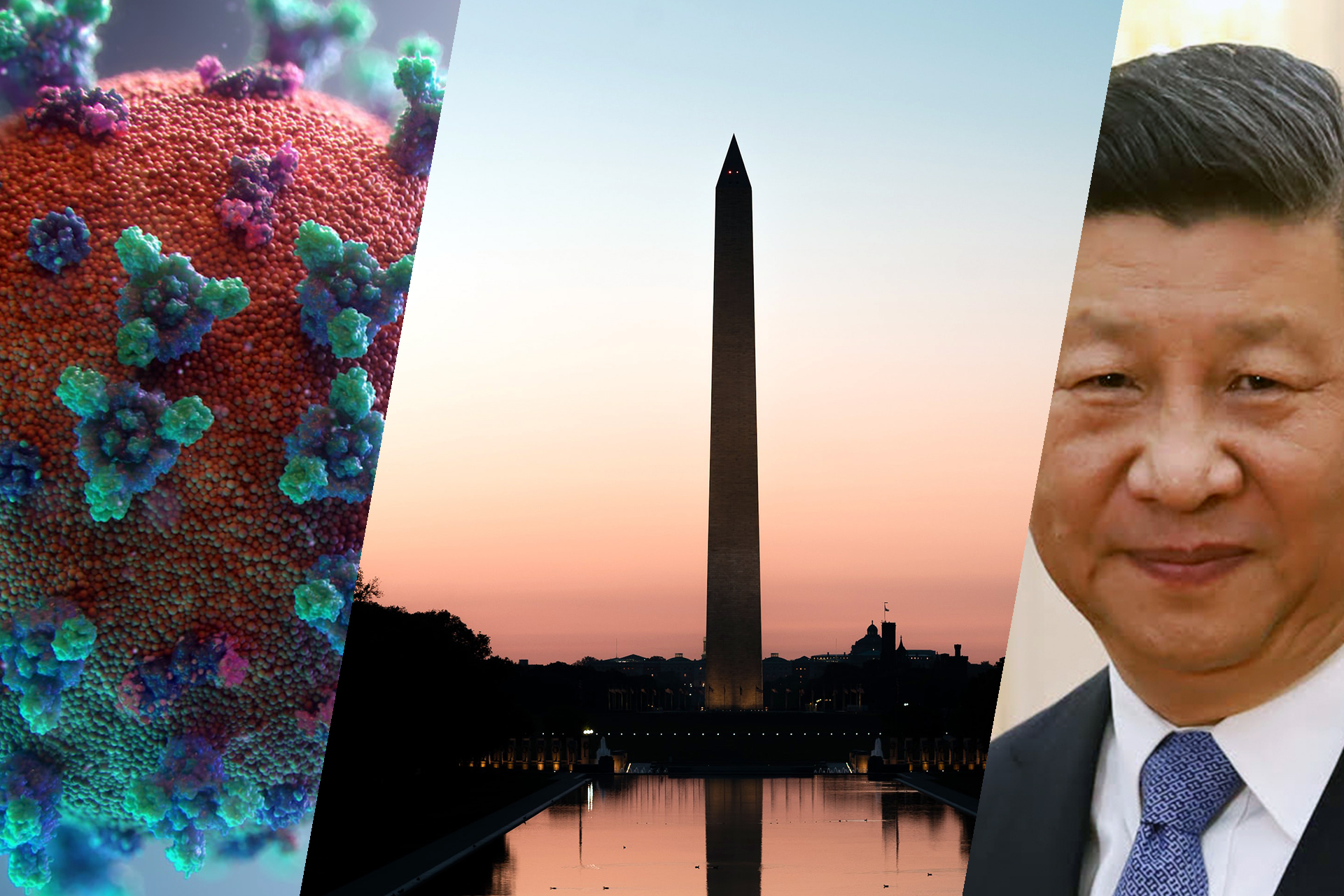Police & Justice Reform
Republican slogans like “back the blue” are no more useful than Democratic slogans like “defund the police.” Reform is politically hard work, but we can do better.
- Market forces. What we want is for the business of policing to be more like other industries, in which good officers get paid more, mediocre officers get paid less, and bad police officers get fired. Market forces can reform law enforcement. We need police to be subject to competitive forces at both the officer level and the agency level. We need state legislative changes to foster competition among private-sector organizations to provide law enforcement services on a contractual basis. We wouldn’t tolerate state laws that block private-sector companies from competing for the opportunity to provide municipalities with garbage collection services. The same should hold true for policing services.
- Just like school choice. We need private-sector policing organizations to compete for government contracts, just like we need private schools to compete with public schools. School choice and police reform are analogous. We need unions to allow for competition both among teachers and among officers, and for market forces to hold them accountable.
- End qualified immunity. The federal doctrine of qualified immunity is not merely a distortion of the market forces required to hold police accountable but also an un-American infringement on the rights of citizens to seek redress in court. Qualified immunity must be replaced with state requirements for police officers to pay for their own liability insurance, just like doctors’ malpractice insurance. Market forces should be used to hold officers accountable. We are frustrated by unions keeping officers from being held accountable. Requiring officers to carry liability insurance would have the effect of introducing a third-party private-sector check on the system, in the form of insurance companies.
- End the war on drugs. If you hadn’t been an economist before becoming a cop, serving as a police officer will turn you into an economist, for having seen the results of bad public policy up close and personal. We need to end bad housing policy, bad welfare policy, bad zoning policy, local school monopolies, and above all END THE WAR ON DRUGS! In the U.S. we have the world’s most oppressive criminal justice system, the result of an insanely counter-productive war on drugs combined with a ruthlessly efficient police state. The war on drugs has been an objective failure, empirically speaking. Take it from a cop whose only involvement with the enforcement of drug laws was performing CPR on individuals trapped in a system that marginalizes victims of addiction as criminals. Even if the war on drugs reduced addiction – a crazy thought given the truckload of evidence that criminalization does not work – it would still be unethical for a government to dictate what citizens can do with their own bodies. There is no such thing as a victimless crime. We must fight for the decriminalization of human behavior, no matter how we personally feel about the behavior.
- Our values are at stake. The difference between good policing and bad policing is that good cops realize they are the last defense of the Bill of Rights. We have to fight for the type of policing that aligns with our values. Municipalities deserve police agencies with policies and practices that align with the values of the constituents they serve. Communities will benefit from the improvements in policing that market forces can impose.

Topical Videos
“Libertarian Presidential Forum,” response to police reform debate question from Larry Sharpe, May 2023
“Libertarian Pro-Market Police Reform,” February 2023
“Presidential Forum” hosted by Larry Sharpe, Response to police reform debate question from Chrissie Mayre, February 2023
“Black Powder Podcast,” discussion of police reform, February 2023
“End the FBI,” Washington, January 2023
“The Gold New Deal,” police reform plank, December 2022
“Criminal Justice Reform,” discussion at PorcFest, June 2023
Before It Was Cool
If you were not an economist before, being a police officer will turn you into one, for having seen the effects of bad public policy up close and personal. October 2021
“Criminal Justice Reform,” March 2022
“Believe in Police Reform,” Mike ter Maat for Congress, November 2021
“Police Officers – Allies in Justice Reform,” Mike ter Maat for Congress, May 2021
“The View of a Police Officer” discussion of vulnerable communities, legal reform, and the war on poverty, April 2021
“Police and Justice Reform,” Mike ter Maat for Congress, April 2021
“Libertarian Criminal Justice Reform: Market-Driven Police,” Take the Gold Pill, January 2021



